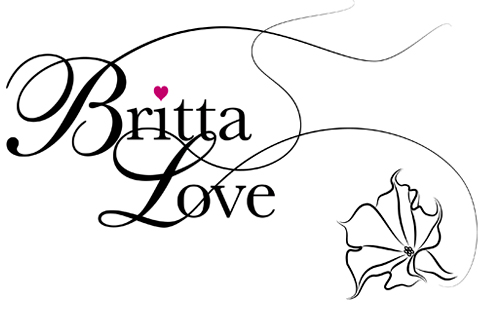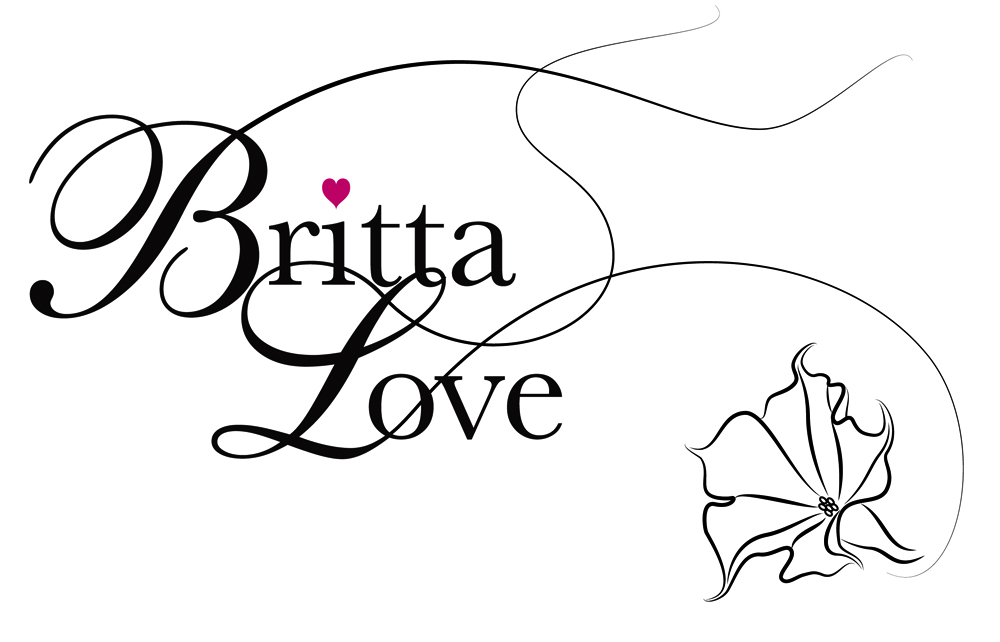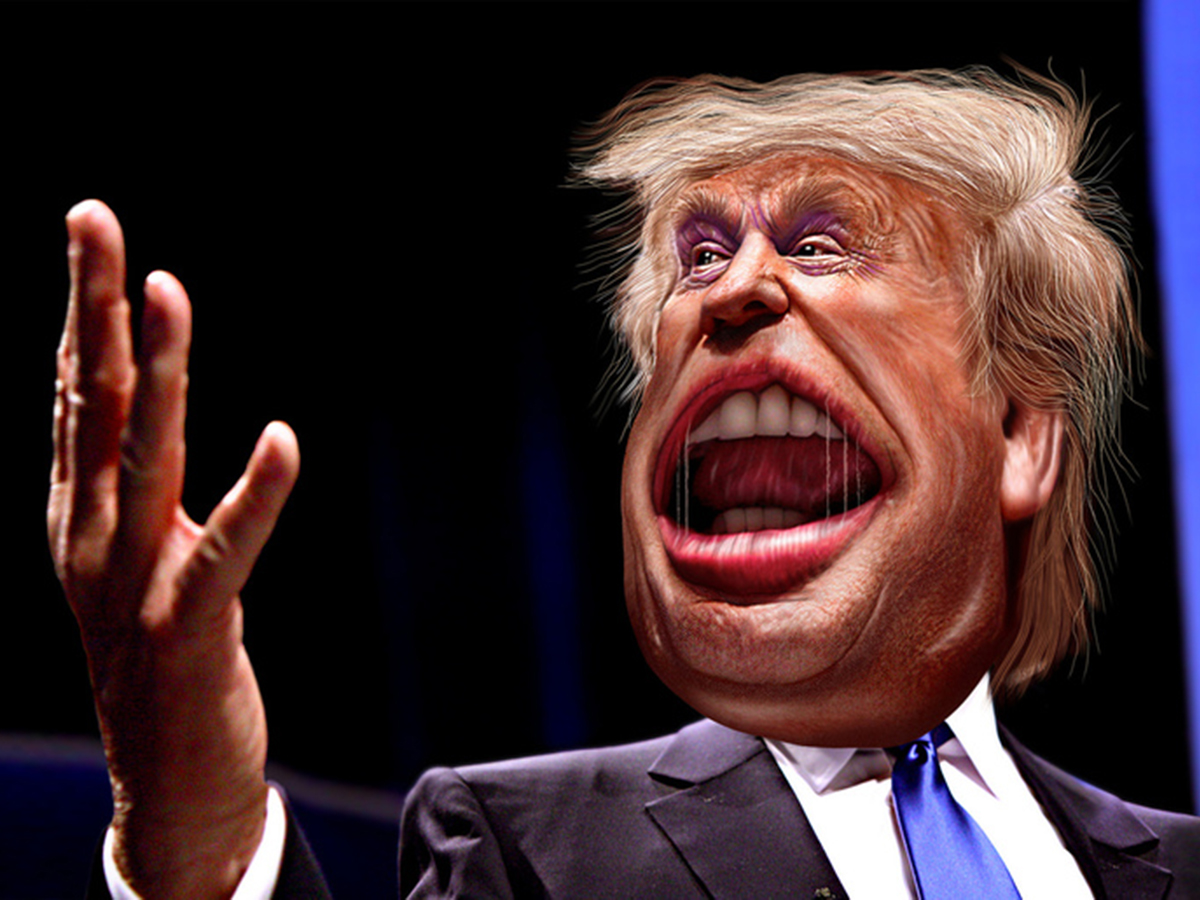Is there any better symbol of what’s gone wrong in mainstream American culture than the success of Donald Trump?
For the most part I’ve chosen to ignore the day-to-day coverage of this election, to spare myself the pain and frustration of rubbernecking our train wreck democracy. When I do tune in however, I’m always disappointed at the level of social commentary on the Donald, the superficial humor about his hair or hand size or mannerisms, with the frequent pieces on him being a lying conman and rampant xenophobe, or even slightly more sophisticated coverage on the dumbing down of the electorate and the media’s complicity in his candidacy.
Psychological perspectives on Trump interest me more – I tend to agree with the psychologists who have written articles claiming Donald Trump exhibits strong signs of sociopathy. I’ve known enough sociopaths to recognize the patterns myself: the ability to repeat lies over and over – and then contradict them shamelessly five minutes later. Constant impulsive statements and actions. The sheer magnetism of personality that seems to blind many around them from seeing their glaring faults. The superficial emotions that seem to switch only between glee (having attained power) and anger (over its loss). The bullying and the endless quest for domination. The complete lack of basic human empathy, of conscience, guilt or remorse.
Trump’s former ghostwriter Tony Schwartz recently came out to state that if he were rewriting The Art of the Deal today he would rename it The Sociopath. An analysis by Dr. Kevin Dutton of Oxford University found that Trump has more sociopathic traits than Hitler.
But even this analysis stops short of the wider sociological question: How is it that we have managed to elevate such a person to a celebrated personality, now one step from the Oval Office? What is it about him that we, as a culture, must like to an extent – even as many mock him?
I think it’s time to take a good look in the mirror: Is there any better symbol of what’s gone wrong in mainstream American culture than a greedy, superficial, sociopathic megalomaniac reality TV star who makes constant displays of fragile and toxic masculinity?
At the end of the day, these are the qualities we, as a culture, too often celebrate and encourage: Money and fame are our core values. Success at any price. Cut throat business practices. Bullshit your way to the top. Be a “real” man. Isn’t that why it doesn’t seem to matter what Trump says or does, or how many lies he’s caught out on? Don’t a lot of us kind of admire the sheer gall he has? Isn’t that why we can’t stop watching him?
From the moment Trump announced his run for presidency, I never took it as a joke. The glove fit too well. I couldn’t think of a better caricature of the lowest common denominator of our mass culture.
Robert Hare, the psychologist who developed the checklist for diagnosing psychopathy (a term used interchangeably with sociopathy, both colloquial terms for “anti-social personality disorder” in the DSM), believes that “our society is moving in the direction of permitting, reinforcing, and in some instances actually valuing some of the traits listed in the Psychopathy Checklist.” Sociopathy rates in the USA are estimated to be between 1-4% (and increasing), compared to just 0.03-0.14% in parts of East Asia, for example. The difference is not genetic – it’s cultural. Rather than focus on the collective, our culture endlessly celebrates the power of the individual above all else. We glorify and encourage the ego and the self rather than the interrelatedness of all living things. Sociopaths and narcissists have always existed – but in our culture they are aspired to.
Trump perfectly embodies the core values of “toxic masculinity” as well, the socialized male who is meant to be dominant, violent, competitive, unemotional, misogynist and sexually aggressive. These values are in no way inherent to being a man, but they are completely integral to how we raise and socialize our boys. From a young age boys are taught over and over that displays of human emotion are unacceptable, that sex is conquest, power and status, that their value and worthiness as men depends on disproving themselves to be empathetic, “effeminate” or “gay” in any way – through constant exercises of assertiveness, repressed emotion and sheer force.
Finally, in a time when the most (white) Americans are safer than they’ve ever been, we’ve culturally adjusted to a constant climate of fear. Fear of the other: the Muslims, the Mexicans, the Russians, the Chinese, the terrorists, the people coming to take our guns. Our news channels endlessly broadcast the new threats we must live in fear of and our TV programs teach us survival skills for the upcoming apocalypse, putting our collective survival down (once again) to the individual. We make ever greater sacrifices of our principles, liberty and humanity in order to defend ourselves from these supposed threats. We become ever easier prey for those who seek to abuse those fears in their quest for power.
And now? This was the inevitable next stop on that path. This is where these values and this culture have landed us.
The options this November seem understandably bleak to some. What we are missing, as Michael Meade suggests in the Huffington Post, is the third kind of person:
The first kind of person tends to be preoccupied with self-interest as everything refers back to “I, me and mine.” At this basic level the world can be divided into winners and losers as self-assertion rules the day and excesses of aggression and rule-breaking can seem justified.
Sound familiar?
The second kind of person learns to operate at a higher level of life that includes an increased awareness of both the needs and the value of others, even those who seem quite other than oneself… However, when times get hard and people feel the pressure of enduring threats and persistent hardships, the greater sense of fairness and justice becomes more difficult to sustain. In the face of uncertainty and fear, the second kind of person can lose touch with the core values of humanism…
Many of us fit this description and I agree with Meade when he argues that Clinton is one of them, perhaps with a heart in the right place but ultimately making decisions out of fear and other pressures – decisions that have brought suffering to both our own country and the world at large.
Finally:
The third kind of person survives some life-changing defeat or loss and suffers a descent in life that makes them aware of the agonies and tragedies experienced by so many throughout the world.
…those who survive loss know who they are at their core; they also know the core values and ideals upon which humanity depends. They cannot be manipulated by fear or greed, cannot be shaken by threats or be pressured to act against either their own integrity or the interests of the greater good…
In this way the third level of awareness produces the truly inspired leaders, the wounded healers, and the wise counselors who know that the ideals of humanity must be upheld precisely when the darkness and confusion around us grows.
I’m blessed to know a great number of such people, those who have been pushed to the margins by society, pushed into the darkness by circumstance – but who have survived to find a deep knowing, a profound integrity and an unshakable set of principles. I look to these people for inspiration at these times, those who follow the ideals of empathy and selflessness and love especially in times of great fear and darkness, especially when it’s most difficult to do.
Come November, we’ll elect either the first kind of person or the second – a depressing thought. Darkness will follow either of these results (if in different magnitudes). There will be yet more suffering.
For those of us not already there, we too may find ourselves collectively entering “the dark night of the soul.” Perhaps the silver lining to this doom and darkness will be the emergence of more wounded healers who reject that first kind of person, reject fear and egotism even in the worst of times.
For if sociopathic, narcissistic and toxic masculine traits were taboo rather than celebrated in America, someone like Trump could never be where he is now. Instead, his candidacy is only the inevitable product of the toxic environment he’s grown up in. Americans who have a problem with Trump actually have a much bigger problem: American culture.
So let’s stop watching the train wreck and start talking about our personal and collective problem. Because if we wish to indict Trump it seems, we also have to indict ourselves.


